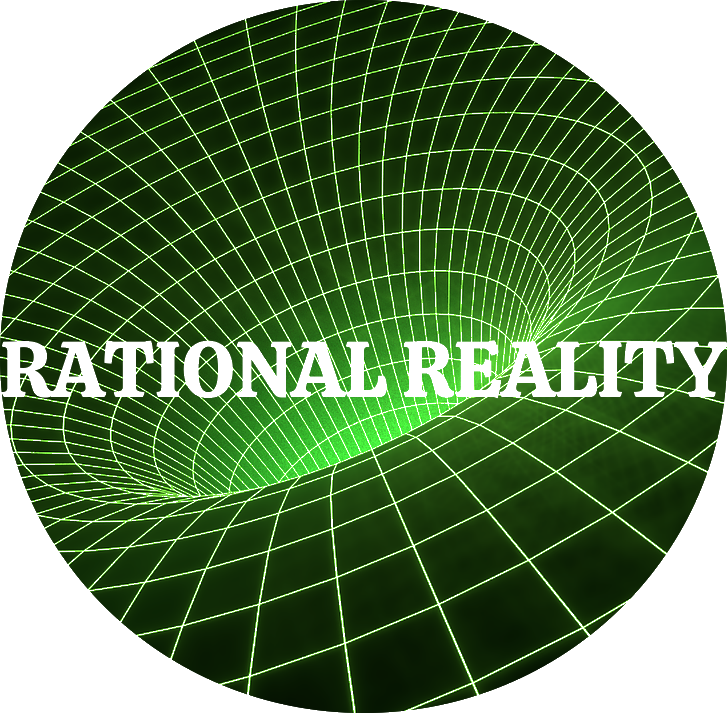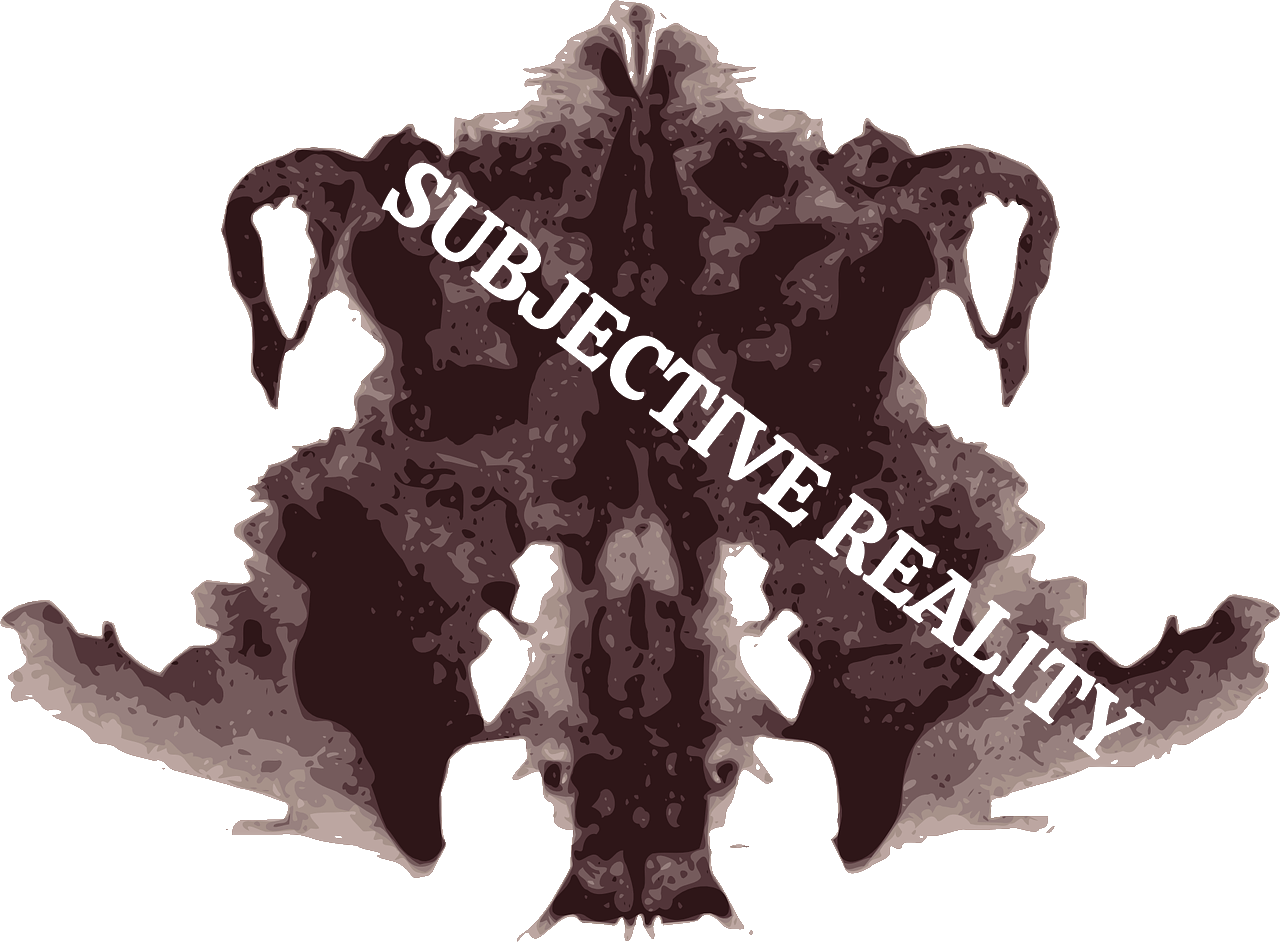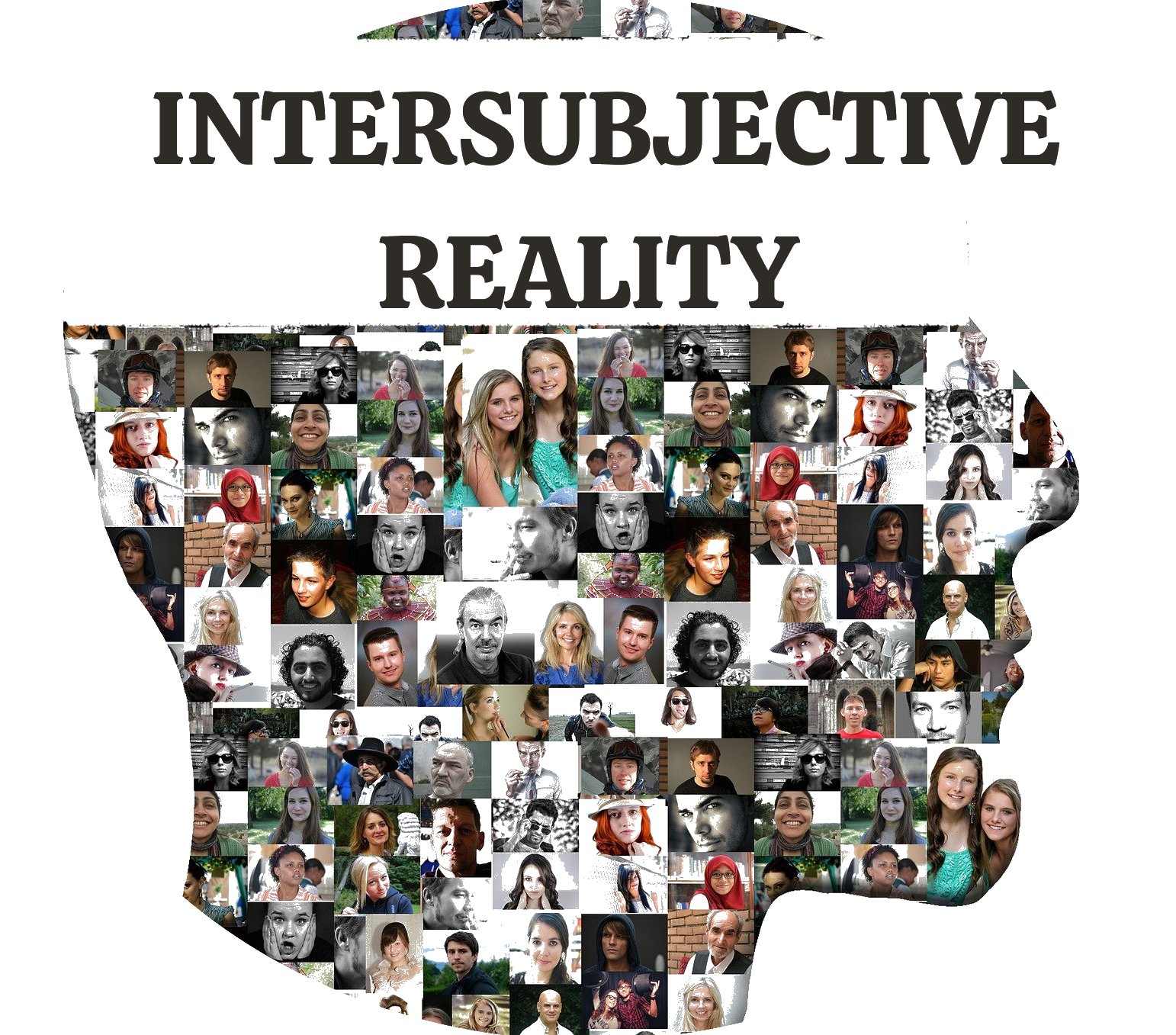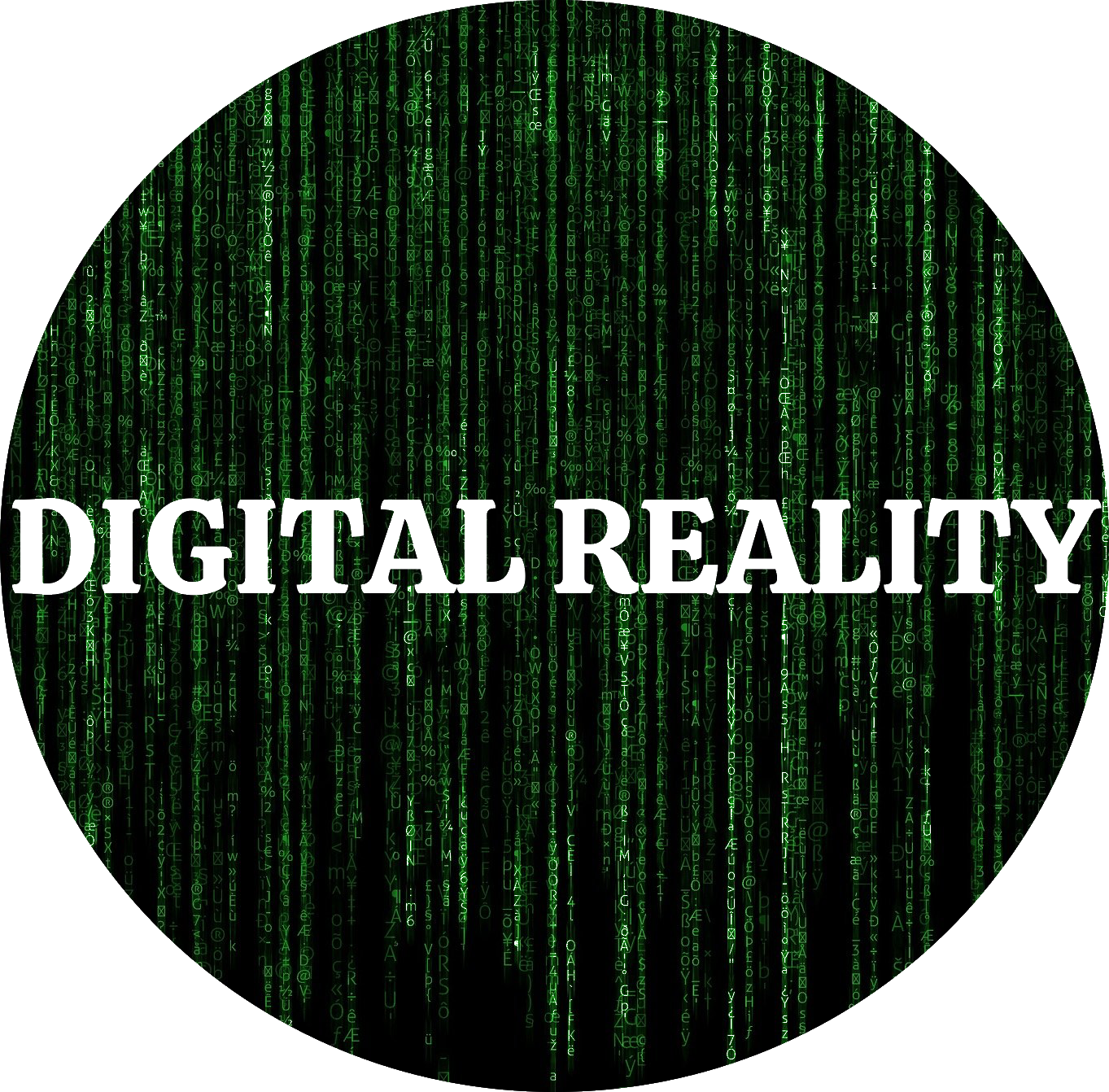
EXCERPT FROM PART ONE2. DEEP SUBJECTIVE REALITY OR THE UNKNOWN UNKNOWS
How subterranean forces mould and influence existence unbeknown to usVisualize stress as the hand inside you that engages the autopilot switch. It comes with certain pre-set parameters that will guide our behavior. No stress, no autopilot. In an airplane, the automatic pilot set the course without the intervention of the pilot. However, the pilot usually has a board in the cockpit displaying these parameters to automate tasks at all times. The challenge here is that we do not have a clearly visible glass cockpit showing any explicit information. Instead, we rely on the interoceptive system that sends live information about our organs’ current function in the general form of valence and arousal. Our brain’s main job is to keep this information in the background while its regions gather, run simulations, and make predictions.
Finally, the prefrontal cortex sends a projection to other regions of the frontal cortex whose neurons project on the motor cortex and produce external physical activity. This is how our wonderfully adaptable organism tries its best to respond to new pressures. Once engaged, the autopilot will start running our systems during stressful periods. But this time, it is integrating less new information into our cortex due to weaker connections between the frontal cortex and the hippocampus. It will have problems making decisions because the prefrontal cortex lacks some necessary information to change strategy and, ultimately, make proper judgments.
Depending on the amount of stress and the duration, the autopilot will or won’t allow our frontal cortex to make the right changes in those elusive parameters affecting our final course of action. Suppose the frontal cortex is not able to change those erratic parameters. In that case, the autopilot will automatically guide us in a straight and rigid line characterized by repetition, prolonged action, fixed routine, and habit. Even after the stimulus that prompted it ceases. Some of us will follow the line despite being fully aware that something is awry. We will find ourselves completely overridden by an autopilot that pushes us to decide without properly considering critical emotional and sensory information.
This automatic system will make us accept and take whatever we can get here and now, no matter how good or appropriate the situation and context we are in now.
EXCERPT FROM PART TWO2. DEEP SUBJECTIVE REALITY (I feel, therefore I exist)
Choice, freedom and our subterranean forces
The first principle is that you must not fool yourself and you are the easiest person to fool
― Richard P. Feynman
We have established by now that humans have an endless capacity for the creation of complex and abstract concepts to make sense of the objective reality. We are being fooled by those same concepts continually, making our lives more incongruent and difficult to navigate. Our deep subjective reality is no exception. It confronts us with the undivided wholeness and its repercussions on us. Unfortunately, neither ratios nor our convenient divisions of thought, language and biological processes can fully explain how interconnected and correlated we are with the cosmos. In its fragmentation, science offers insights and discoveries to understand how totality reflects itself in our artificially contrived realities. Rational science, paradoxically, is taking the first steps by saying that there is no place for rationality and full control in our acts and decisions.
Some experts tell us that perceptions, thinking processes and actions are critically conditioned and at the mercy of the multiple fragments that participate in these very perceptions, processes and, ultimately, our actions. In totality, these fragments are indivisible constituents of a whole that manifests itself, hiding its procedures in a simple and comprehensible manner to us. The end product is our subjective reality. I’d like to call it “illuction”– my own term for a mixture of an illusion and fiction. Illuction is an instance of misinterpreted perception of a sensory experience, a deceptive appearance of a false reality that is unconsciously held to be true because it is convenient and practical. This explains why some people still believe in rationality as a means of neutrality, measure and control over actions framed in our disparate and inconsistent illuctions.




